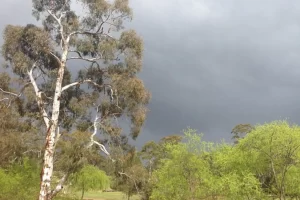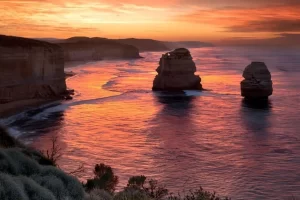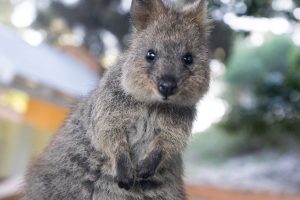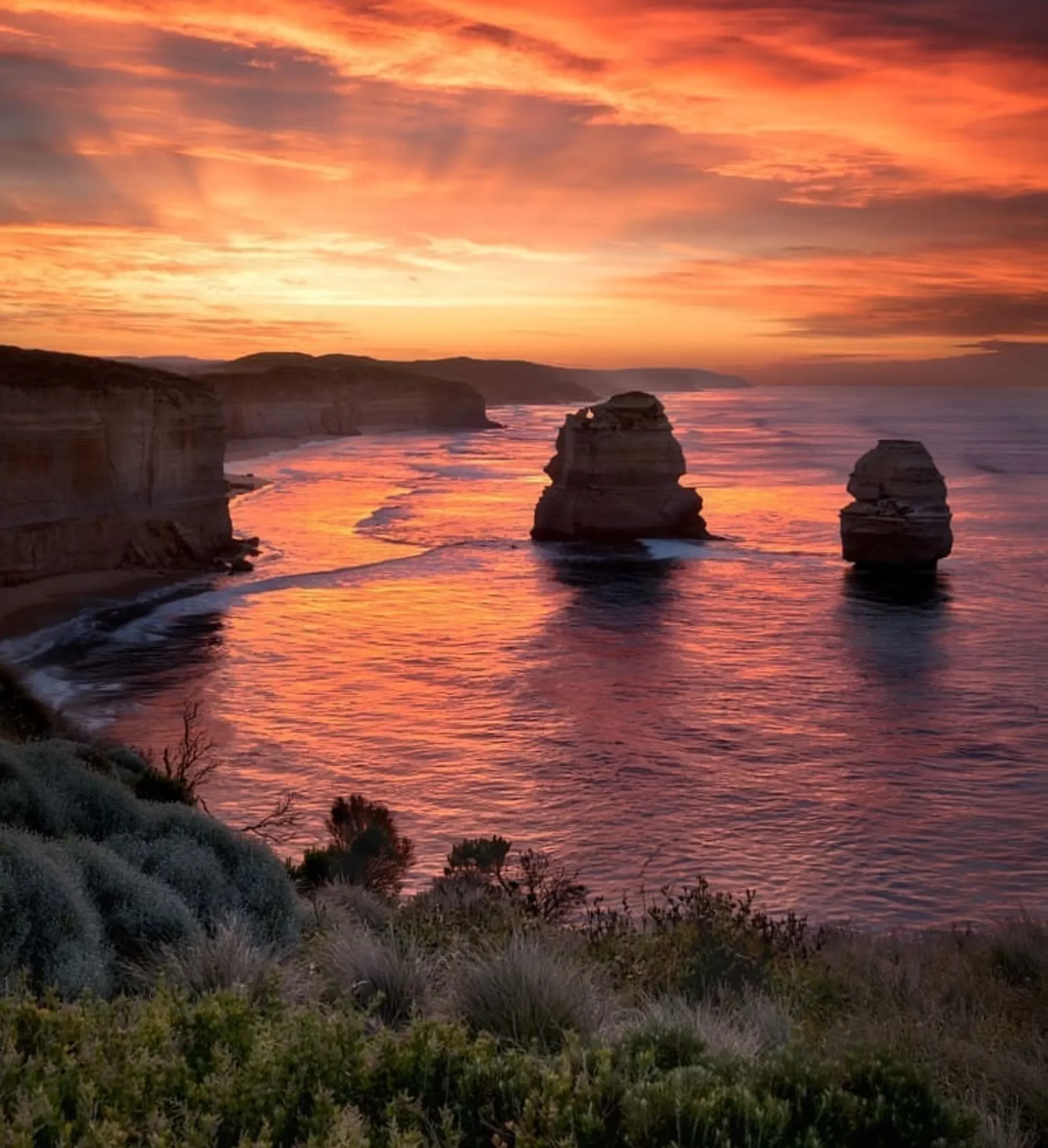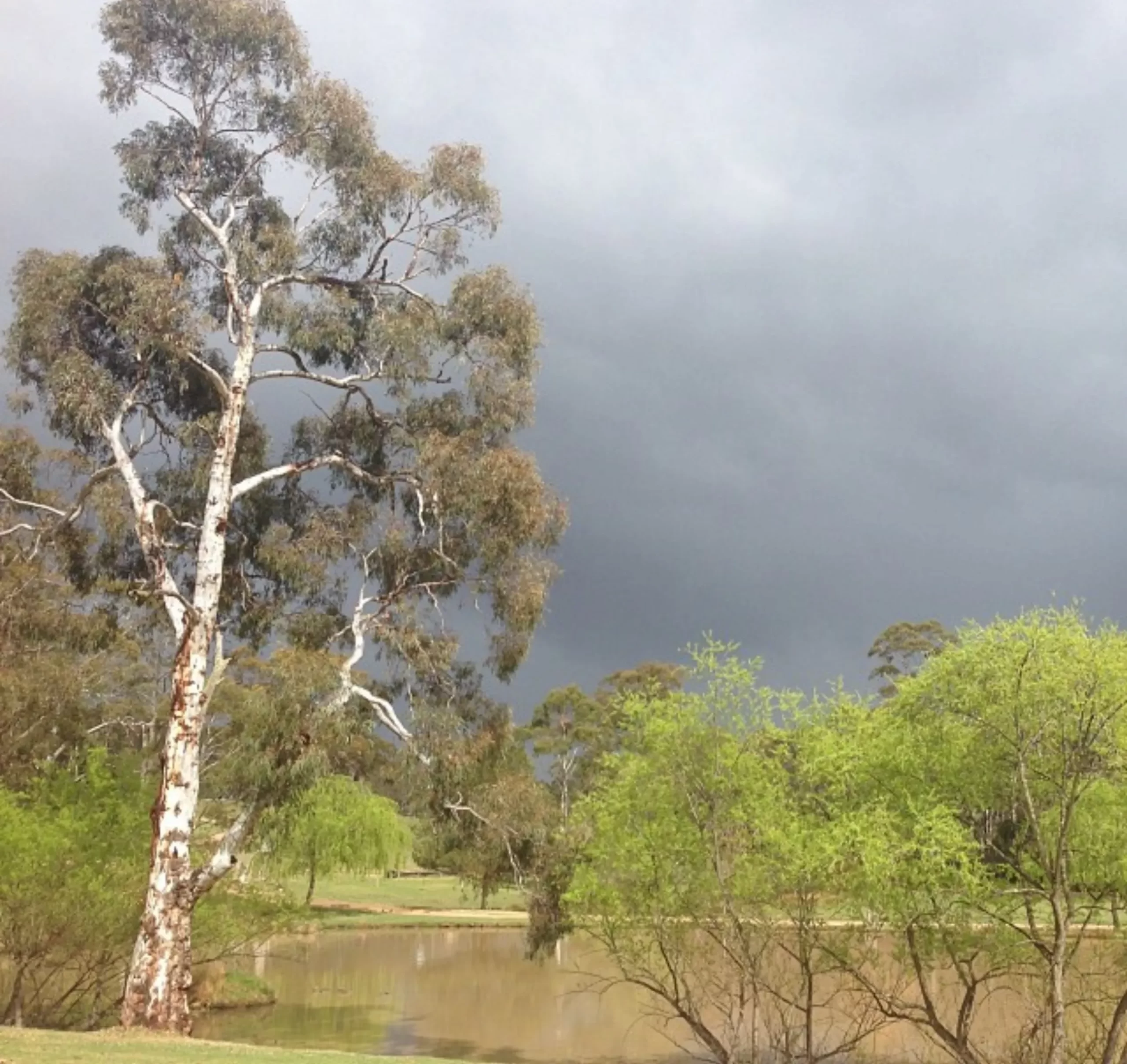The 12 Apostles, a line of towering limestone stacks along the Great Ocean Road tours, are one of Australia’s most famous landmarks and a top tourist spot. These natural wonders attract visitors from around the world, drawn in by the stunning views, dramatic coastline and South Australia’s beaches and rainforests. But with all the visitors comes a big environmental impact, so it’s important we practice sustainability to preserve this fragile landscape for future generations. Eco-tourism around the 12 Apostles is the way to go, with eco-friendly travel and sustainable tourism practices so the region’s beauty stays intact. Let’s dive into conservation efforts and explore how you can make an eco-friendly trip to the 12 Apostles.
Apostles and Surrounding Areas
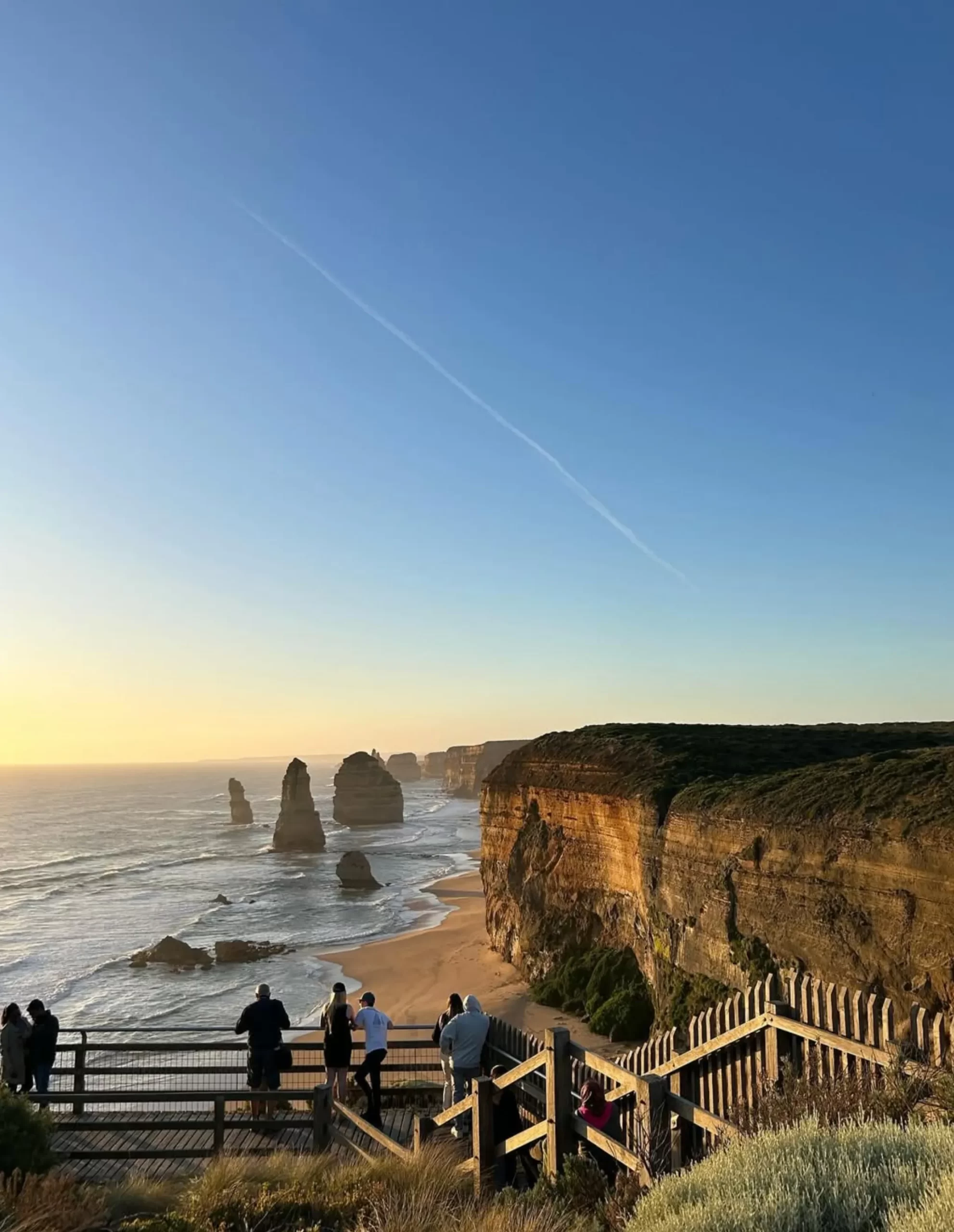
Eco-tourism is more than just enjoying beautiful scenery; it’s about understanding and respecting the history and natural environment of places like the 12 Apostles, which have deep cultural and ecological significance. The coastline along the Great Ocean Road is a powerful symbol of Australia’s maritime history, which goes back millions of years and is linked to indigenous culture and aboriginal heritage. Places like Phillip Island, Kangaroo Island and the Blue Mountains showcase Australia’s rich diversity of indigenous culture and natural environment. Eco-tourism is about protecting these connections by practising environmentally friendly travel.
Loch Ard Gorge, Cape Otway and Katherine Gorge are also sensitive ecosystems and have historical significance. Conservation efforts, from Aboriginal heritage sites to marine parks, protect these beautiful nature reserves. Every visitor can be a part of these conservation projects by practising eco-friendly practices that respect the Indigenous culture and the environment and support the impact of sustainable tourism on South Australia’s coastline and beyond.
How to Visit the 12 Apostles Sustainably
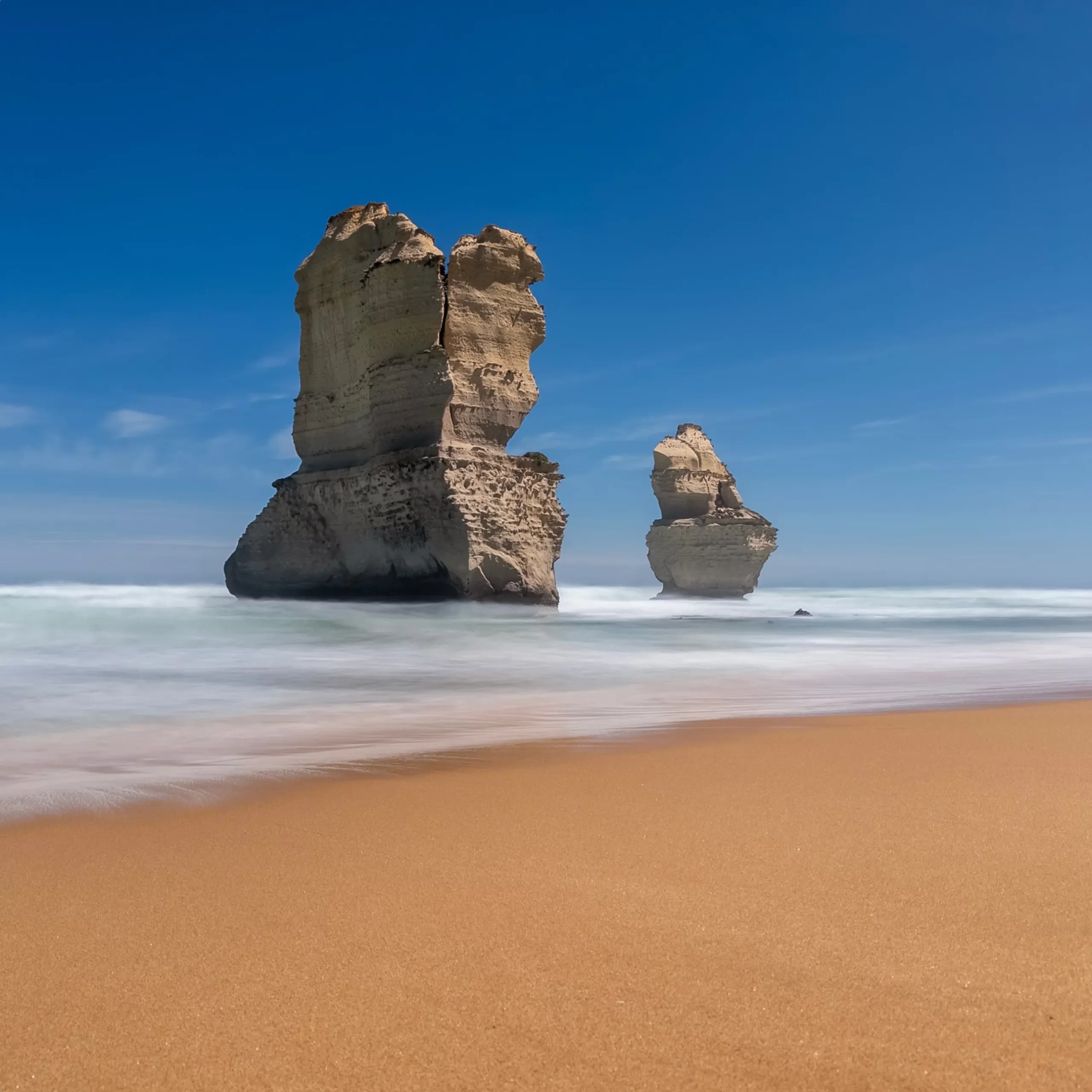
- Choose Eco-Friendly Transport Options
Transport is a big part of a traveller’s footprint. To visit the 12 Apostles sustainably, use public transport or join green tours that reduce carbon emissions. Eco friendly tours from Melbourne and shared shuttles from Apollo Bay reduce single car travel and make it easier to travel with the environment in mind. Tours often stop at other eco tourism attractions like Aireys Inlet with its lighthouse views and panoramic views, so the journey is part of the experience. - Stay in Sustainable Accommodation
Staying in eco-lodges like Baillie Lodges, Capella Lodge, Southern Ocean Lodge, and Pinetrees Lodge provides a luxurious and sustainable stay with an eco-focus. These lodges incorporate green practices like solar power, water conservation and locally sourced sustainable materials. Many are located near Australian wildlife areas and offer opportunities to get up close and personal with nature, whether in the green hills of Yarra Valley or the pristine coast of Phillip Island. Advanced Ecotourism certification means the accommodation prioritises sustainability and has a positive impact on the local community and environment. - Get Involved in Conservation Projects and Support Local
The 12 Apostles region has many ways to support conservation. Volunteering with local projects, donating to conservation groups or booking eco tours directly helps to preserve. The work of local park rangers like those at Grampians National Park, Cape Tribulation and Cradle Mountain helps protect Australia’s ancient landscapes and wildlife. Eco-tourism contributes to conservation projects that protect the biodiversity of these areas, from Cape Schanck Boardwalk to Boranup Beach and keeps these coastal views beautiful for future generations. - Respect Indigenous Culture and Aboriginal Heritage
To fully experience the 12 Apostles and its surroundings, you need to acknowledge the deep connection these lands have to Aboriginal heritage. Guided tours led by indigenous groups provide insight into the cultural heritage and history of this coastline and make for a respectful and enriching experience for the traveller. Through these tours, visitors learn about the cultural significance of the area and can support the protection of aboriginal culture, which is an integral part of the identity of the area. Indigenous experiences at places like Kakadu National Park and Grampians Melbourne bring eco-tourism and cultural respect together. - Support Eco Tours and Wildlife Tours
Many eco-certified tour operators practice eco-friendly travel. Wildlife tours that follow sustainable practices often get you up close to Australian wildlife without harming their habitat. Penguin Parade Tours on Phillip Island and wildlife tours on Kangaroo Island are eco-friendly destinations. These wildlife tours positively impact conservation and let you experience things like whale shark watching, marine oyster farms and manta ray tours with minimal environmental disruption.
More Eco-Friendly Spots
Phillip Island and Penguin Parade
Phillip Island is an eco-tourism haven with more to it than the Penguin Parade. Blinky Beach and Adventure Bay have stunning coastal views and wildlife galore, and eco-friendly practices are in place to protect these fragile environments. The island has green spaces and eco-friendly destinations for sustainable tourism, from the Penguin Parade Tour to wildlife conservation areas. Plus, the island supports conservation through marine parks and Australian wildlife-protected zones.
Kangaroo Island: Conservation Focused
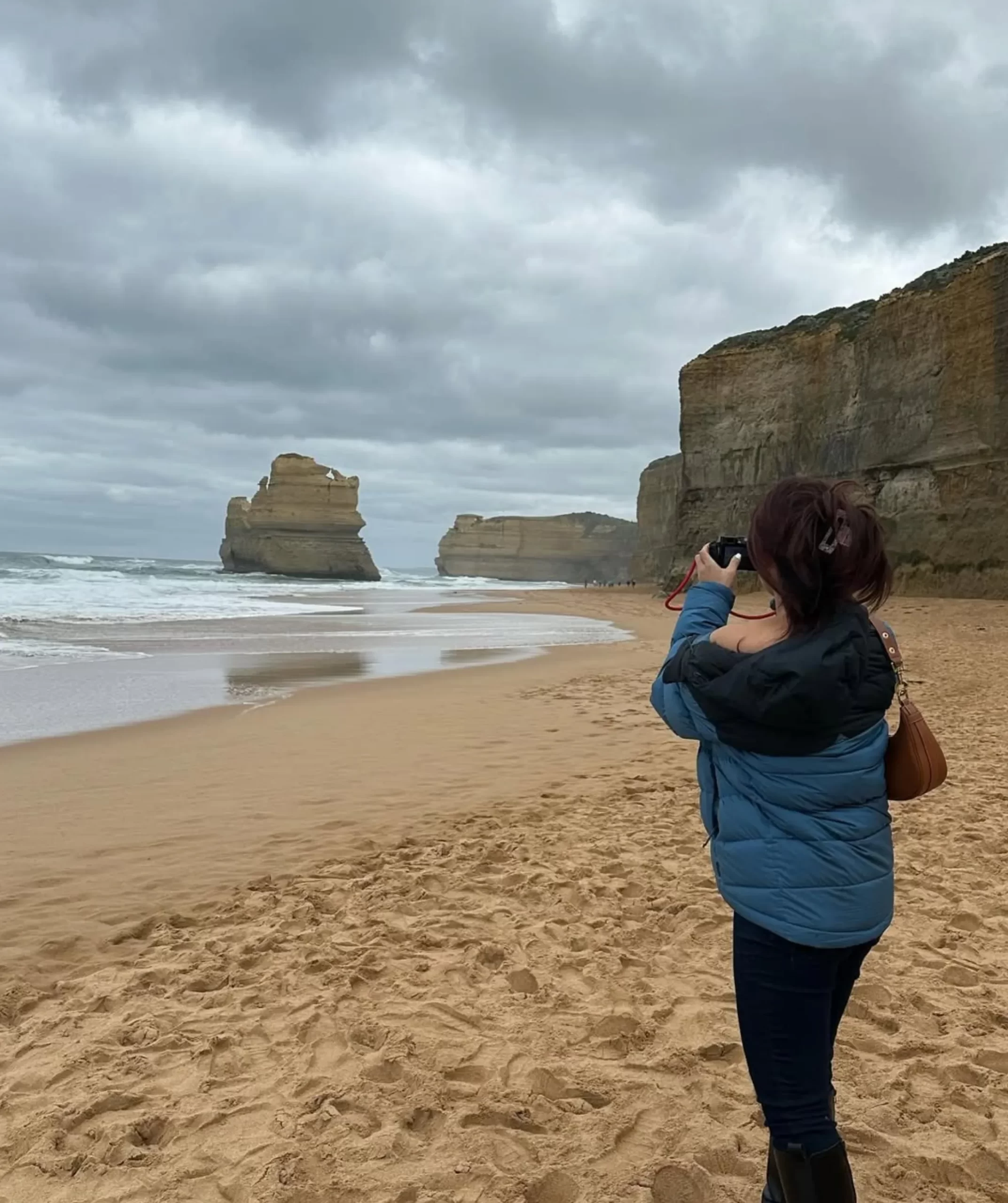
South Australia’s Kangaroo Island is all about sustainability. Beautiful rainforest, stunning beaches and wildlife galore, it’s a model for eco-tourism. Exceptional Kangaroo Island tours take you to its pristine coastlines, green spaces and wildlife sanctuaries. The island is committed to preserving its history and has conservation across national parks and marine sanctuaries. Here, you can participate in conservation projects that protect wildlife and marine biodiversity and leave a positive legacy for future generations.
Norfolk Island and Howe Island: Coastal and Marine Conservation
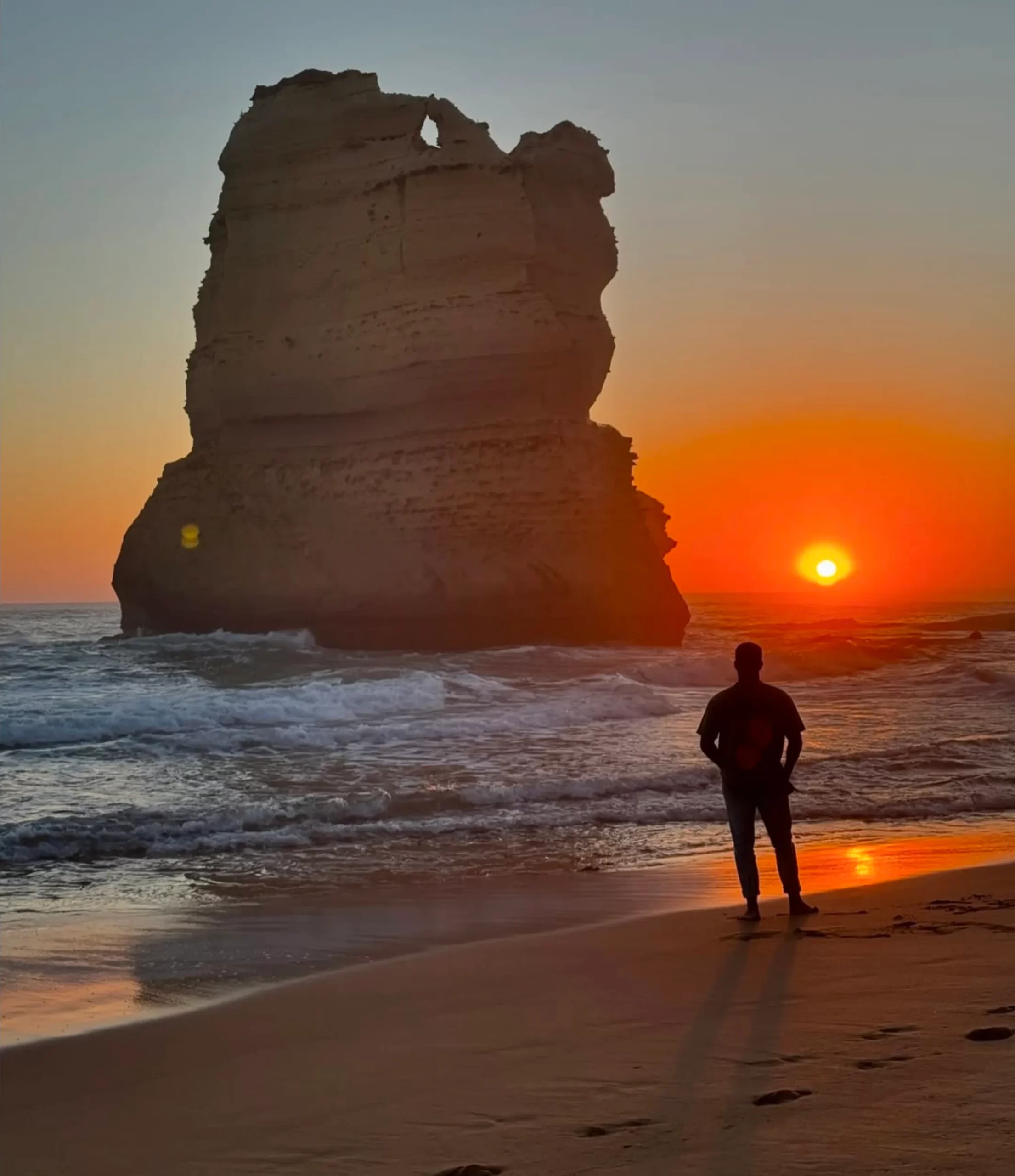
Norfolk Island and Howe Island are eco-friendly destinations committed to preserving their history and natural beauty. Norfolk Island Tourism supports conservation projects that protect the island’s ancient landscapes. Howe Island has Marine Park tours where you can learn about marine biodiversity and the impact of coastal tourism. Both islands protect their green spaces, icons and views.
Great Ocean Road’s Hotspots: Cape Otway and Aireys Inlet
Along the Great Ocean Road, Cape Otway and Aireys Inlet are hotspots for coastal views and eco-friendly experiences. Cape Otway’s lighthouse is part of maritime history, and Aireys Inlet’s walking trails take you to panoramic views of native vegetation. These eco-destinations get you up close and personal with nature and allow you to see the coastline and rock formations in all their glory.
Eco-Tourism and Cultural and Natural Heritage

Eco-tourism is not just about experiencing Australia’s landscapes and beaches but also about connecting with the cultural heritage of the land. Wineglass Bay with its vineyards and the Yarra Valley with its wine regions is all about sustainable wine practices. The connection between land, history and culture in these areas is protected by eco-tourism that reduces environmental impact and respects local traditions.
Conservation is the focus of eco-tourism at the 12 Apostles, so natural wonders like the Daintree Rainforest, Cable Beach and Cradle Mountain remain intact. Places like Maria Island, Lady Elliot Island and Cape Leeuwin Lighthouse offer eco-friendly accommodation and sustainable tourism options that reduce carbon footprint, support conservation and create green tours that prioritise green spaces and wildlife.
Eco-tourism around the 12 Apostles is the way to go, with eco-friendly travel and sustainable tourism practices so the region’s beauty stays intact.
Sharing transport, supporting conservation, staying in eco-certified accommodation, respecting the Indigenous culture and following Leave-No-Trace principles are good ways to travel sustainably.
FAQ
Why is eco-tourism important for the 12 Apostles and nearby natural attractions?
Eco-tourism reduces environmental impact and protects the cultural and natural heritage of popular sites like the 12 Apostles for future generations.
What are some green practices to follow when visiting the 12 Apostles?
Sharing transport, supporting conservation, staying in eco-certified accommodation, respecting indigenous culture and following Leave-No-Trace principles are good ways to travel sustainably.
Are there eco-lodges near the 12 Apostles?
Yes, eco-lodges like Baillie Lodges, Capella Lodge and Pinetrees Lodge are all about sustainable practices and minimising environmental impact while you stay.
Phillip Island, Penguin Parade Tour, Kangaroo Island’s national parks and the Daintree Rainforest are all nearby eco-destinations.
How does eco-tourism help local conservation projects?
Eco-tourism funds conservation raises awareness and directly benefits local wildlife, green spaces and cultural sites.



